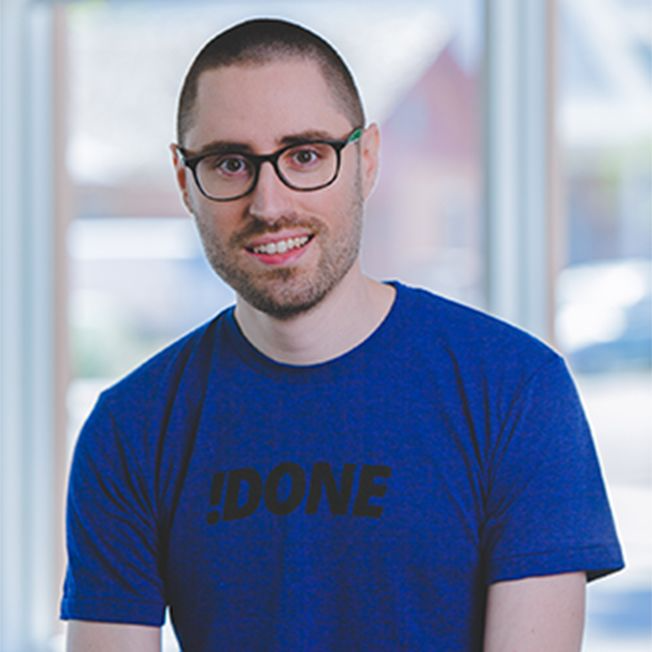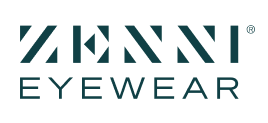If you need a high-performing, on-demand team of developers, call X-Team.
X-Team embeds remote teams of 1 to 100-plus engineers to support global brands like Sony, Riot Games and Twitter. A pain-free partner for creating the modern engineering department, it provides full-time, motivated teams that clients can scale up and down with confidence in the long term.
X-Team depends on its global developer community and makes an ongoing commitment to reinvesting more than any other company back into its engineer teams.
While X-Team was founded in Melbourne, Australia, on a mix of Skype and in-house collaboration apps, X-Team CEO Ryan Chartrand knew uniting and exciting a global community with in-demand skills would need something more.
“We want to create employee experiences that make you feel part of something special, something always alive, something energising, something that keeps you moving forward,” he says.
“The value of our people being healthy, well and motivated is huge—to us and our partners. We get so much value from energised, fulfilled developers that we’re incentivising them to engage in our community.”
Since the “fastest transition ever” from Skype, Slack has been the glue providing teams with the tools they love, creating a space for team communication and making it easier to focus on high-value work.
Described as “from the future,” by Twitter co-founder Biz Stone, X-Team does indeed use Slack like no one else does to win the war for engineering talent. Its innovative employee engagement goes beyond shared channels and project chat to creating a company culture that keeps devs and engineers satisfied and productive. Think perks, global events, rewards systems and even global competitions over exclusive collectibles.
And it all happens on Slack.

The value of our people being healthy, well and motivated is huge—to us and our partners. We get so much value from energised, fulfilled developers that we’re incentivising them to engage in our community
Winning the talent war with a culture that developers want in on
X-Team’s Glassdoor ratings say it all: a perfect 5 for culture, diversity and inclusion, and a 97% overall satisfaction rating. When skills are in demand, these ratings matter, and there’s only one way to get them: culture.
X-Team takes the employee experience thing pretty seriously; gamification is by default, and they talk about community experiences as Seasons, just like a favourite TV series.
“X-Team is all about creating a futuristic community and a place where people want to work. It’s about making it exciting to open your laptop every day,” Chartrand says.
“Creating these communities via Slack to connect, energise and incentivise, it puts our people at the heart of our business—and it works, because we’ve acquired and kept talent at an unprecedented rate.”
X-Team emphasises connection and belonging—when you log into Slack, you might be checking out teammates’ latest Lego builds, posting your distance in a global cycling competition, posting questions for a famous astronomer to answer, guessing video game theme songs played live by a world-class pianist or cashing in coins after competing in the global battle royale—The Arena.
The Arena is particularly unique, as it’s a Slack-based battle royale game where X-Team “hunters” loot, shoot and fight until only one hunter remains standing. Those online victories can make for awesome team catch-ups and drive productivity gains through better relationships and synergies (and playful rivalries). And The Arena is only one of X-Team’s games built for Slack.

X-Team’s community is also separated into “Houses” much like Harry Potter, with each member proudly displaying their House’s sigil in their Slack status as they cheer one another on in various competitions.
X-Teamers can also earn “coins” by completing challenges, such as “Explore a new hiking trail” or “Work from a different city for a week.”. The expenses attached to doing a challenge can all be reimbursed. They then post about their experience on Slack, which triggers a bot to give them their coins.
They can then cash in those coins on charity donations or for exclusive and highly coveted collectibles, ranging from X-Team’s own apparel line to energizing home office gear. Slack even informs them when their collectibles are about to arrive.

All of that and more contributes to one more impressive stat: a 98% retention rate that’s unheard of in the market. When engineers join the X-Team community, they’re in it for the long haul—and that loyalty makes X-Team a partner of choice for companies like Fox Broadcasting, Riot Games, Dell and many more.
“Everyone looks at Slack for collaboration, but only in a business capacity. We use tools like Slack to bring people together around their passions and to energise them, no matter where they are. We make it so they’re excited to open up Slack so that there’s always some new experience to look forward to,” says Chartrand.
“We’ve built a really unique community experience, and we couldn’t have pulled it off without Slack.”

We use tools like Slack to bring people together around their passions and to energise them, no matter where they are. We make it so they’re excited to open up Slack so that there’s always some new experience to look forward to.
Integrations amplifying the power of Slack and unlocking productivity
It might be the place for perks, but Slack is also the place for high-value work.
Hundreds of integrations make it the centre of X-Team’s workflows, from invoicing to asynchronous meetings that let people get on with it when they’re in the zone. All the work happens in one place—Slack—and the team stays on task without losing time to context-switching as they jump between apps.
X-Team COO, Brad Giblin, says Slack’s integrations help their team to move faster and simplify connection with partners and customers.
“At a high level, Slack is the home of workflow. By pumping data from integrated apps into Slack, you can open up views of all kinds of information.”
“If you need to keep track of logs and passive updates in any of our internal systems, the best place to see that is in Slack. No one’s going to check every service, but in a Slack channel populated with data, you can very quickly see that something’s broken.”
For CEO Ryan Chartrand, Slack integrations are a secret weapon for businesses.
“The amount of features and API power that Slack has given us to create experiences for our community has been pretty phenomenal.”
“Our Jira integration means we can post links directly to tickets on the Jira Cloud, and we have our own invoicing and HR system that allows us to manage massive global teams without leaving Slack.”
At a high level, Slack is the home of workflow. By pumping data from integrated apps into Slack, you can open up views of all kinds of information.
Slack as the digital watercooler for alignment and empathy
As a remote-first company for 15 years, X-Team has always been challenged to create the most energising experience for developers, despite not being surrounded by people all day.
“We solved that challenge with Slack,” says Chartrand.
“And what makes it work particularly well for us is by only hiring forward-moving people. X-Teamers suit the Slack environment: They’re active communicators, they wake up ready to engage, they’re full of empathy, they take ownership of their role and they’re compassionate communicators. You can’t build great community anywhere without having that first.”
That forward-moving energy also equates to a collaborative environment. Slack channels align all disciplines working across the same project—a shared channel provides a safe space for X-Teamers to share blocks or ask questions, just as you would in person in an office. Having everyone aligned in Slack means they can workshop ideas and solve problems faster with greater transparency.
Beyond channels, X-Teamers are encouraged to “journal” their day in dedicated personal channels to share with their teammates.
“In a remote environment, journals are a chance to not only tell others what you’re working on but also what complex challenges and ideas you’re working through at that moment. Ultimately, it’s a way to invite people to chip in and be a part of your process as a team,” says Chartrand.
“That reflects the values of who we are as a highly collaborative company, and it’s part of the community experience we’ve created that developers are clamoring to get in on.”
With a 98% employee satisfaction rate, X-Team’s approach to employee engagement and experience sets the tone for a new world of work.
“Remote work doesn’t have to be lonely, isolating or lacking a sense of belonging. The tools are all there to create energising, unifying experiences for your teams. And what excites me is knowing that X-Team will forever be pushing the boundaries of what these tools are capable of.”















